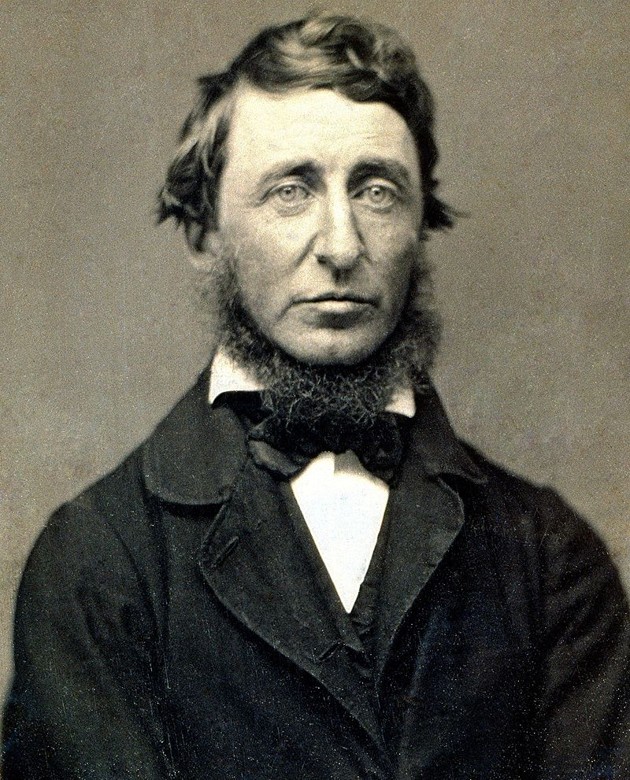
I love Thoreau. What is piggish about living simply and deliberately, not taking more than you need, respecting individual rights, being anti-slavery and practicing Civil Disobedience? I think a lot of it comes down to extroverts being generally put off by anyone who dares to be an introvert.Email your thoughts here. The Atlantic has a unique stake in this debate, since Thoreau was one of the earliest contributors to the magazine, publishing a number of essays here in the last years of his life. And if that experience is anything to go by, you probably wouldn’t have wanted to be his editor.
Ralph Waldo Emerson, one of The Atlantic’s founders, was also a buddy of Thoreau’s. (Emerson published a tribute to his friend, after his death, here.) As Ellery Sedgwick, the magazine’s eighth editor, writes in A History of The Atlantic Monthly, Emerson encouraged Thoreau to submit a narrative about life in the Maine woods. Among the casualties of the editing process was a single, not-especially-remarkable sentence.
But Thoreau, ever meticulous, was affronted to discover that deletion in the published version of his piece. He wrote an angry letter to the The Atlantic’s founding editor, James Russell Lowell, in June 1858:
But Thoreau, ever meticulous, was affronted to discover that deletion in the published version of his piece. He wrote an angry letter to the The Atlantic’s founding editor, James Russell Lowell, in June 1858:
I have just noticed that that sentence was, in a very mean and cowardly manner, omitted… I am not willing to be associated in any way, unnecessarily, with parties who will confess themselves so bigoted and timid as this implies. I could excuse a man who was afraid of an uplifted fist, but if one habitually manifests fear at the utterance of a single thought, I must think that his life is a kind of nightmare continued in broad daylight. It is hard to conceive of one so completely derivative. Is this the avowed character of the Atlantic Monthly?Luckily, thanks in part to a new editor, James Thomas Fields, The Atlanticconvinced Thoreau to publish several more essays in 1862, right before he passed away. Whatever you think about the man himself, these essays—many autumnal-themed—are lovely glimpses into Thoreau’s pastoral world. As he wrote in “Autumnal Tints,”
October is the month of painted leaves. Their rich glow now flashes round the world. As fruits and leaves and the day itself acquire a bright tint just before they fall, so the year near its setting. October is its sunset sky; November the later twilight.Also see “Wild Apples,” a portrait of the tree that bears the “noblest of fruits”, and the famous essay “Walking,” in which Thoreau meditates on the virtues of a mind and body free to wander wherever they please.
MORE NOTES FROM THE ATLANTIC
MOST POPULAR ON THE ATLANTIC
The Cold Logic of Drunk People
The Psychology of 'Backburner' Relationships
How Friendships Change in Adulthood
The True Costs of Driving
Room: A Whole World in Four Walls
Doctors Tell All—and It’s Bad
The Ethics of Killing Baby Hitler
Why I Still Get Shunned by Taxi Drivers
Harry Potter: The Sequel
'Don't Sneak': A Father's Command to His Gay Son in the 1950s
No comments:
Post a Comment
Please leave a comment-- or suggestions, particularly of topics and places you'd like to see covered